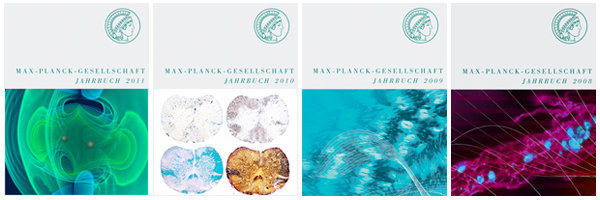
Yearbook of the Max Planck Society
2024
-
A quantum oscilloscope for the nanoworld
2024 Ropers, ClausA novel measurement technique exploits the quantum mechanical interaction of free electrons with light fields to visualize optical fields at the nanoscale with temporal resolution. An electron beam is modulated at an illuminated nanostructure and subsequently overlapped with a reference field. From the resulting electron energy distribution, the method reconstructs the temporal profile of the light field, thus functioning as a "quantum oscilloscope."
2023
-
How HIV smuggles its genetic material into the cell nucleus
2023 Fu, Liran; Görlich, DirkMore than one million people become infected with the AIDS virus HIV every year. In order to infect its host, the virus must not only enter a cell but also transport its genetic material into the cell nucleus and integrate it into a chromosome. We have now discovered that the capsid of the virus has evolved into a molecular transporter. As such, the capsid can directly pass a central line of defense of the nucleus, which otherwise protects against viral invaders. This smuggling strategy keeps the HIV genome hidden from the antiviral sensors in the cytoplasm.
2021
-
Errors at the beginning of life
2021 Cavazza, Tommaso; Wartosch, Lena; Schuh, MelinaOnly one in three fertilizations results in the birth of a baby. Many embryos do not develop to term because they carry an incorrect number of chromosomes; they are aneuploid. We study how aneuploidy arises at the beginning of life. Aneuploidy in embryos is a main cause of pregnancy loss and infertility. It often results from chromosome segregation errors in the egg, but also frequently arises in the early embryo. Our recent work shows that aneuploidy often develops when the genetic material from both parents combines after fertilization. This is due to a remarkably inefficient process.